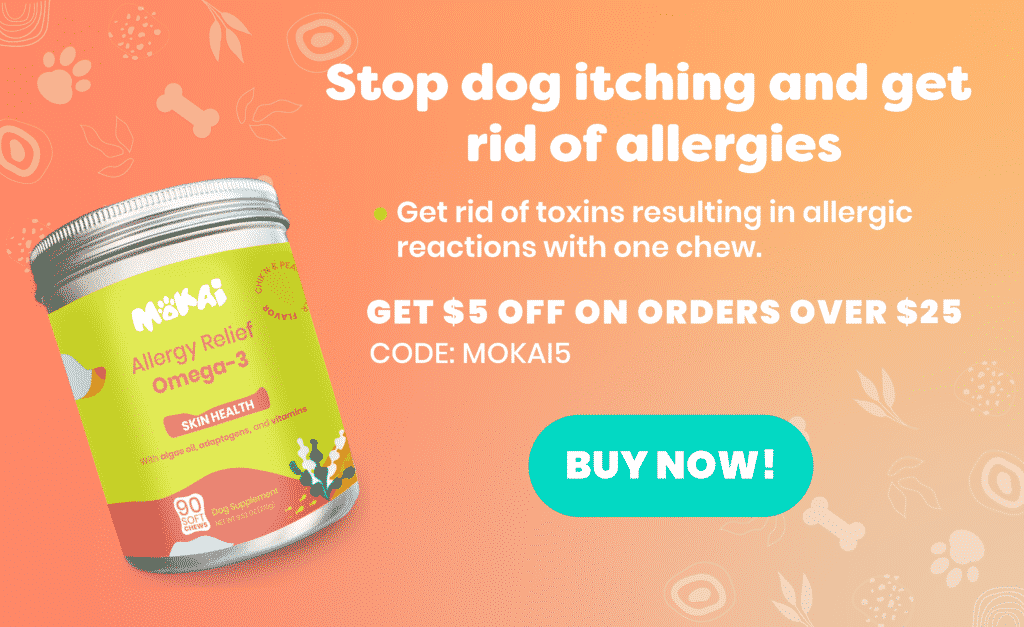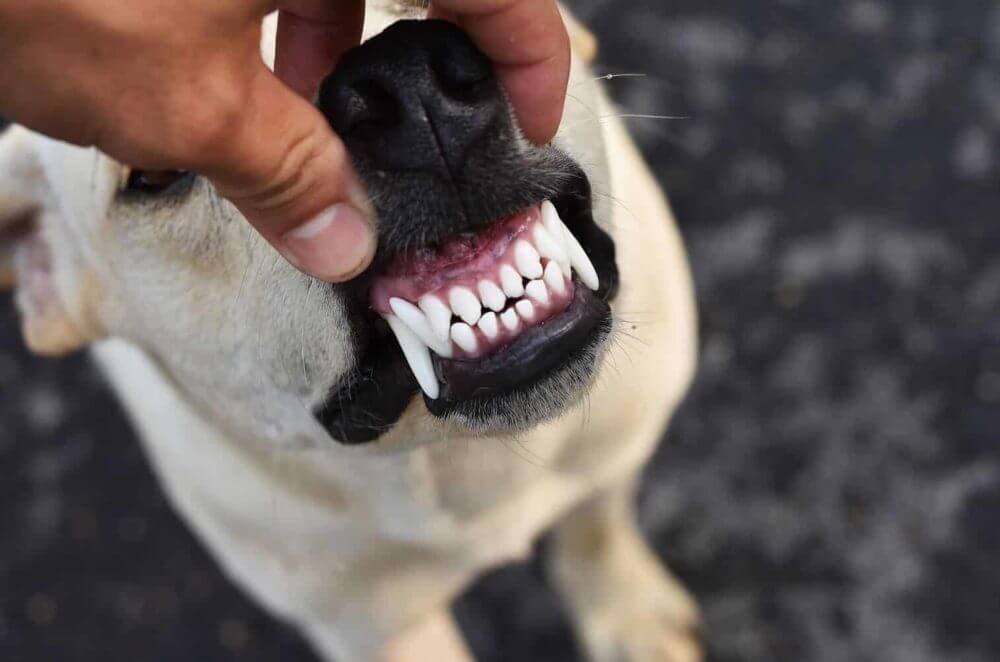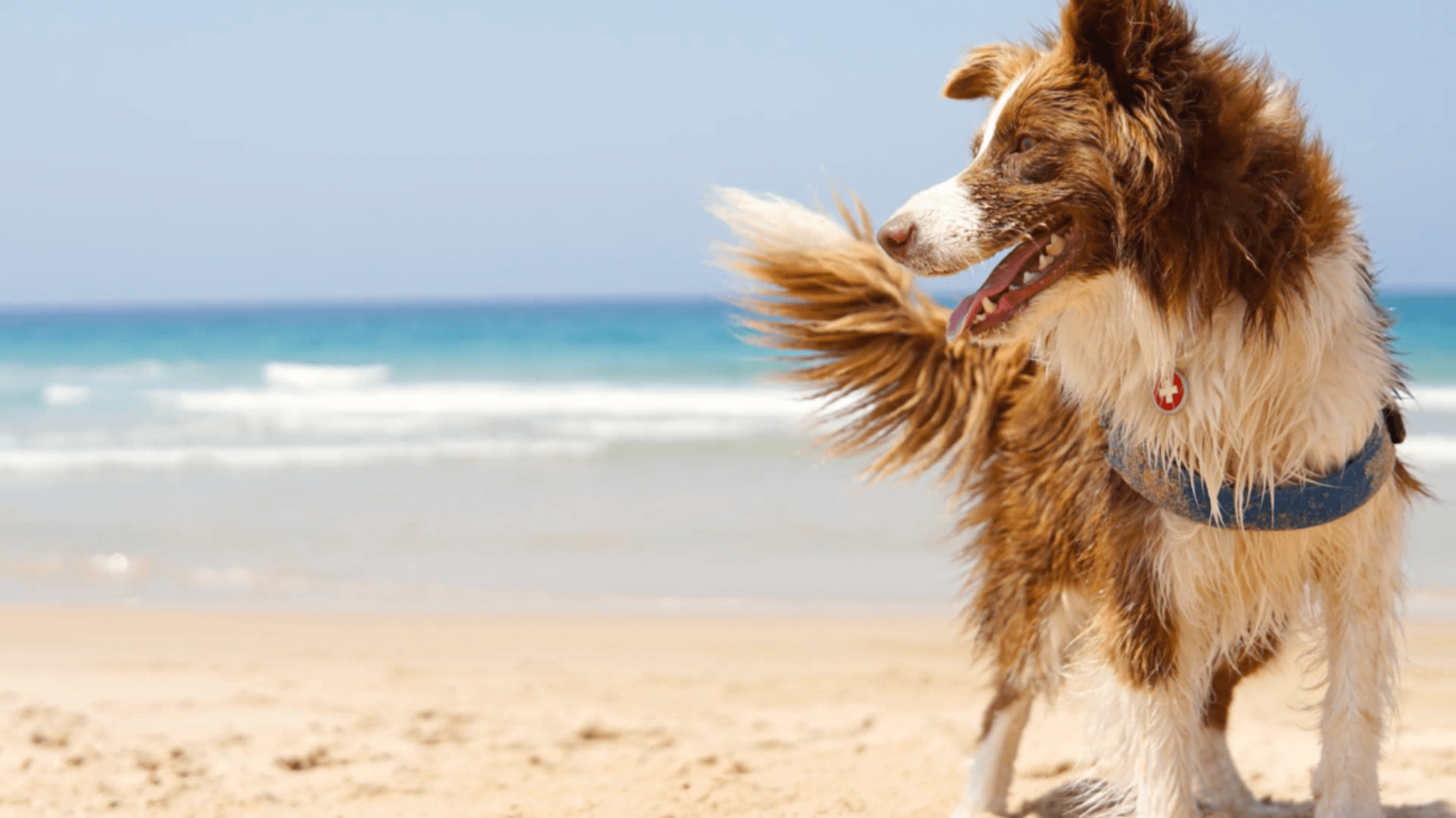While food allergies are usually spotted in humans as soon as we start eating, dog food allergies are not so easy to identify. Dog allergies may result in a broad variety of symptoms, and it might take a while to know what’s going on.
What are dog food allergies?
Dog food allergies are the response a dog has to certain foods. It is usually developed as a genetic condition; however, dogs only react to it when exposed to the allergen. Once a dog is allergic to a specific food, he will probably continue to experience it. Last but not least, dogs are usually allergic to more than one thing.
Common dog food allergies
Even though dogs can be allergic to almost anything, there are some foods that are usually known as potential allergens among pets:
Eggs: If your dog is allergic to any food, he is more likely to present an egg yolk allergy. This allergy is a response of the immune system to the proteins present in the egg yolk.
Meat: Proteins are very common food allergens for dogs. Probably because most commercial dog food contains meat in its ingredients, so they are very easy to discover.
Wheat: Although not as common as meat, wheat is also one of the most common ingredients found in commercial dog foods, and a large number of dogs seem to be allergic to it.
Soy: Not only does it cause allergies among dogs, but also reproductive problems, thyroid and liver disease. It’s not recommended to feed your dog soy considering that the health risks outbalance the benefits.
Dairy: Just like humans, dogs can be lactose intolerant. As they grow up, they lose the ability to produce the enzyme that helps digest milk, so even though it’s not an allergen, you should probably avoid feeding them dairy.

Signs your dog is experiencing food allergies
Even though allergies can be different in every dog and depending on the food they are allergic to, we can divide its symptoms into three categories:
- Skin, coat, and paws: licking, itching and scratching.
- Ears and face: inflammation, odor, redness and swelling.
- Apart from these localized areas, dogs can experience generalized itchiness, diarrhea, vomiting, weight loss, hives, etc.
Dog food allergy treatment
When it comes to caring for a dog with food allergies, the best way to fight it is by removing the allergen from your dog’s diet.
If you have not determined what’s causing allergies in your dog, you can start by making a list of the snacks of foods that you’ve given your dog in the last 24 hours.
If your dog is experiencing a severe allergic reaction, it’s important to act fast: take him to an emergency veterinary hospital as soon as possible for immediate attention. Your vet will be able to provide an allergy relief medication in order to alleviate the symptoms.
Best food for dog allergies
If you have an allergic dog at home, you might want to reconsider what you are feeding him. Most commercial dog foods contain beef, pork, poultry, and fish, which are some of the most common allergens for dogs. Consider replacing your dog’s food with a hypoallergenic brand such as PetWants, which specializes in fresh kibble for dogs.
In addition, to removing these allergens, you should consider supplementing your dog’s diet with omega-3, mushrooms, and super-herbs that help control and reduce allergies through the earth’s natural ingredients. We recommend implementing Mokai’s Omega-3 Allergy Relief Chews to your dog’s daily routine, along with our All-In-One Powder, which contains powerful ingredients such as Reishi mushroom, helping fight allergies, yeast, hot spots, and itchy skin.
Breeds prone to develop allergies
- Dachshunds
- Bulldogs
- Golden Retrievers
- German Shepherds
- Pugs
- Pitbulls
- Cocker Spaniels
- Boxers
- Boston terriers
- Shih Tzus





